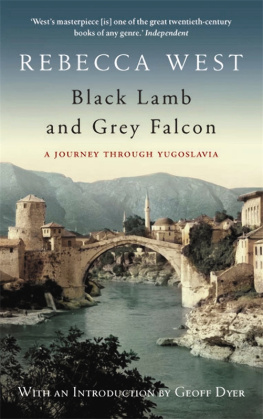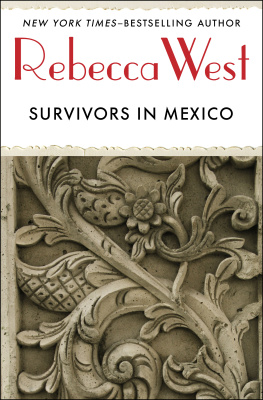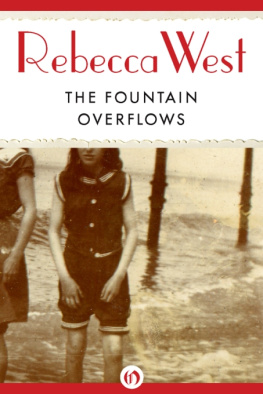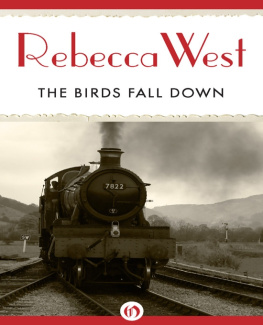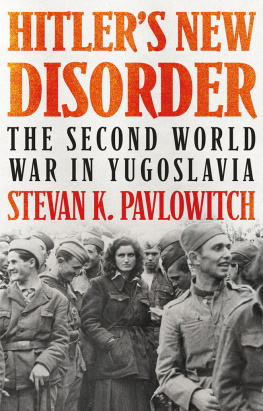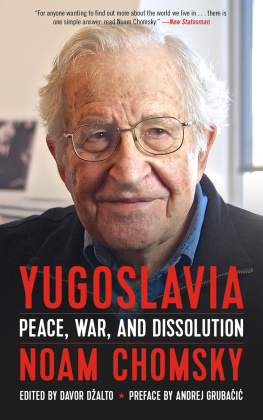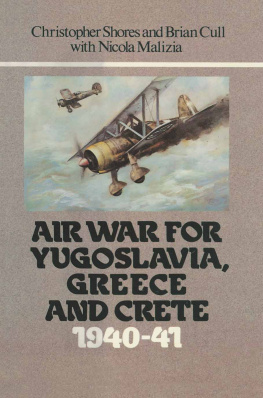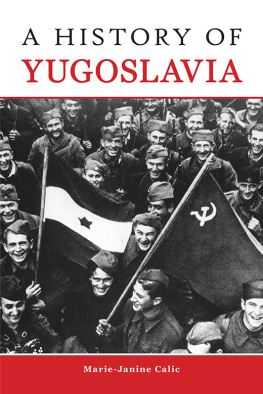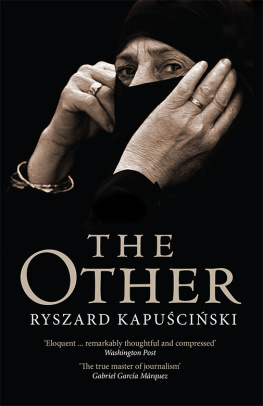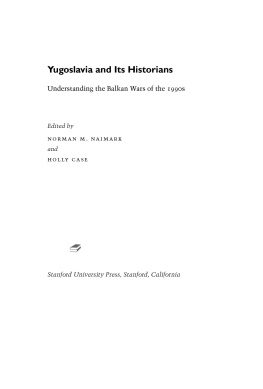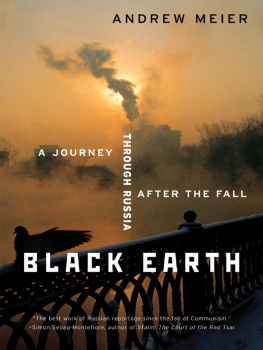Impossible to put down, both timeless and of its time a travel book and epic narrative history brimming with passion, anger, scholarship and intuition, hatred and love.
Observer
With her expert knowledge of the history of the places she visited, [Rebecca West] provides a definitive account of this ill-fated country.
Time Out
Dame Rebecca, the finest reporter of her generation, saw everything, met the right people and in this huge volume sets her news items into a setting that surveys both history and typography. Even in this great bulk, it is a remarkably easy read.
Sunday Telegraph
An entrancing, challenging narrative woven from history, thoughts on nationalism and insights into the intellectual world of the thirties, spiced with pungent asides.
Independent
An unparalleled investigation of one of the most complex regions in the world; it also inevitably transports its readers to a higher level of understanding and compassion towards the Balkans.
Wall Street Journal
Written with a fierce intelligence that any journalist must envy and admire.
Daily Telegraph
Her historical research and real gifts for reportage ensure it still retains plenty of vitality.
Independent
Essential reading for anyone trying to understand the complex history of the Balkans.
Herald
Not only entertaining, it is also vastly useful as it guides the reader through the complexities of Balkan history with a light touch and a wise eye. Although [Rebecca West] is best known as a novelist, this might be her finest book.
Express
Dame Rebeccas journey through Yugoslavia before the Second World War provides a perceptive look at its people, culture, landscape and its tragic, awful history. Her journalism has a quality of excitement and urgency, and her insights did indeed prove prophetic.
Lady
A brilliant antidote to the disease that would have us believe that these are faraway countries about which we know nothing.
Guardian
Nobody with a scintilla of interest in the conflict can afford to overlook it.
Sunday Times
Classic account of pre-war Yugoslavia.
Independent
A beautiful portrait of an enigmatic part of Europe.
Yorkshire Post
A brilliant and revealing survey of Yugoslavia, part travel book, part history, wholly individual.
Scotsman
Exquisite prose.
Herald
TO MY FRIENDS IN YUGOSLAVIA,
WHO ARE NOW ALL DEAD OR ENSLAVED

Grant to them the Fatherland of their desire, and make them again citizens of Paradise.
Note on Pronunciation
The spelling of Yugoslavian names presents a serious problem. The Serbo-Croat language is spoken in all parts of Yugoslavia described in this book; but to write it the Serbs use the Cyrillic alphabet (which is much the same as the Russian, but simpler) and the Croats use the Latin alphabet. Most foreign writers on Yugoslavia follow the Croatian spelling, but this is not satisfactory. The Cyrillic alphabet is designed to give a perfect phonetic rendering of the Slav group of languages, and provides characters for several consonants which other groups lack. The Latin alphabet can only represent these consonants by clapping accents on other consonants which bear some resemblance to them; and the Croatian usage still further confuses the English eye by using c to represent not s and k but ts, and j for y. I have found that in practice the casual English reader is baffled by this unfamiliar use of what looks familiar and is apt to pass over names without grasping them clearly. I have therefore done my best to transliterate all Yugoslavian names into forms most likely to convey the sound of them to English ears. Cetinje is written here as Tsetinye, Jajce as Yaitse, Pe as Petch, estinje as Shestinye. Kosovo I have written Kossovo, though the Serbo-Croat language uses no double consonants, because we take them as a sign that the preceding vowel is short.
This is a rough and ready method, and at certain points it has broken down. The Cyrillic alphabet provides special characters for representing liquid consonants; the Latin alphabet can only indicate these by adding j to the consonant, and this is extremely confusing at the end of a word. In pronouncing Senj the speaker says Sen, then starts to says a y sound, and stops half-way. The English reader, seeing Senj, pronounces it Senge to rhyme with Penge. But the spelling Seny makes him pronounce it as a disyllable; and if the suggestion of the Royal Geographical Society is adopted and the word is spelled Sen he is apt for some strange reason to interpret this sign as a Scotch ch. I have therefore regarded the problem as insoluble, and have left such words spelt in the Croatian fashion, with the hope that readers will take the presence of the letter j as warning that there are dark phonetic doings afoot. In Bitolj, I may add, the l has almost entirely disappeared, having only a short y sound.
I have also given up any attempt to transliterate Sarajevo or Skoplje. For one thing Sarajevo is a tragically familiar form; and for another, it is not a pure Slav word, and has the Turkish word sara, a fortress, embedded in it, with a result hardly to be conveyed by any but a most uncouth spelling. It is pronounced something like Sa-ra-ye-vo, with a faint accent on the second syllable, and a short e. As for Skoplje, the one way one must not pronounce it is the way the English reader will certainly pronounce it if it is spelt Skoplye. The o is short, and all the letters after it are combined into a single sound. I have committed another irregularity by putting an e into the word Tsrna, so often found in place-names. This makes it easier for the English reader to grasp that the vowel sound in the rolled r comes before it and not after.
R. W.
Contents
T HE AUTHOR OF GUIDE BOOKS SHOULD HAVE NO ARTISTIC personality. Entirely at the mercy of the place being written about, he or she is ideally an anonymous conduit of reliable information about bus times, places to stay and museum opening hours. At the other end of the spectrum, in his book Fiction, photographer Michael Ackerman claims that places do not exist. A place is just my idea of it.
Literary travel writing thrives between the extremes represented by the travel guide and the solipsistic Ackerman. The best travel writers may be of only limited reliability when it comes to bus times, but they express timeless truths about the buses of a given country or at least about their relationship with those buses. Take D. H. Lawrence, whose responsiveness to places was both instantaneous and profound. Editors and publishers were keenly aware of this gift and Lawrence was eager to turn it to financial advantage.
When Rebecca West visited Norman Douglas in Florence in 1921 he joked that although Lawrence had been in town only a few hours he was probably already hammering out an article, vehemently and exhaustively describing the temperament of the people.
West wrote this in 1931. She had not yet made the first of the trips to Yugoslavia which would form the basis of BlackLamb and Grey Falcon, but the importance of this realisation for her own magnum opus is considerable. Indeed, relative to the size of the finished book, her experience of Yugoslavia was
In the course of researching its long and complicated history [p.1089] West learned and clarified her ideas about Yugoslavia and about much else besides. To paraphrase Italo Calvinos comment on The Ruin of Kasch by Roberto Calasso, Black Lamb

